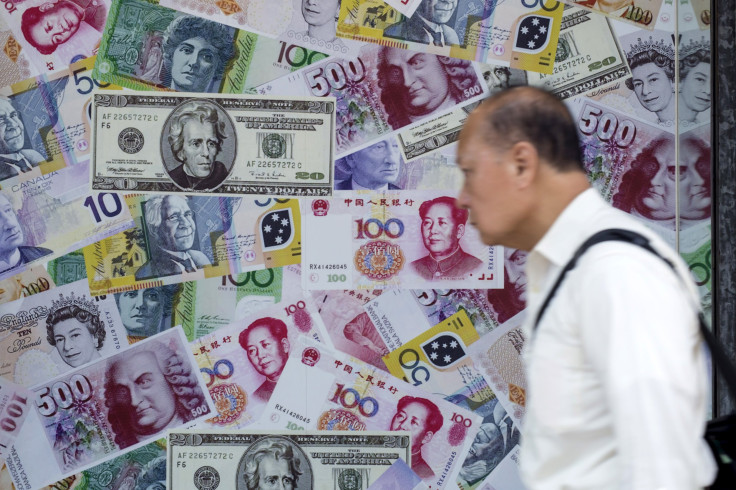China’s Financial Economy Is ‘Largely Stable’ Says Foreign Exchange Regulator

China is not facing a currency crisis — at least that’s what the foreign exchange regulators want investors and bankers to think. Over the weekend, China's State Administration of Foreign Exchange released statements in an attempt to bring ease to banks and clients, Financial Times reported.
“China’s economic fundamentals are strong,” the statement reads. “Foreign exchange reserves are relatively abundant, and the financial system is largely stable and healthy.”
These words come after turmoil in the market last week and significant drops in reserves throughout the last year. Some analysts say China cannot face more outflow. “Another few months of this and China would have burnt through over one-third of its peak reserve level in defending its currency since July 2014,” Miranda Carr, an analyst at Haitong Securities, wrote in a statement, according to FT.
During what was only the first full week of the new year, the Shanghai Composite fell by almost 7 percent, the Shenzhen Composite plummeted by 8 percent and the CSI 300, a blue-chip index, dropped by over 7 percent. The significant drop had led the market to close, triggering what is termed a “circuit breaker.”
The new system, first launched Monday, aimed to prevent trading in panic mode. "The circuit breakers are required for movements in both directions to suppress excessive trading and control market volatility,” a statement from regulators reads, according to CNBC.
But after controversy and negative feedback from bank executives, the circuit breaker system was eliminated.
Regulators are now working on ways to improve the management of the Chinese renminbi. Last week, the currency had fallen 1.5 percent from the dollar standard. In December, China’s foreign exchange reserve fell by $108 billion, which was a record and meant there has been a significant uptick in capital outflows. Over the last year, China’s reserves have fallen by more than $500 billion.
Analysts expect that the country will work to prevent running down the reserves any further and work to bring stability back to the currency.
That effort, in part, includes releasing statements such as this which attempt to prevent speculative trading. Last week, the People’s Bank of China released a statement that pegged “speculative forces” to why reserves had dropped so significantly, FT reported.
© Copyright IBTimes 2024. All rights reserved.





















